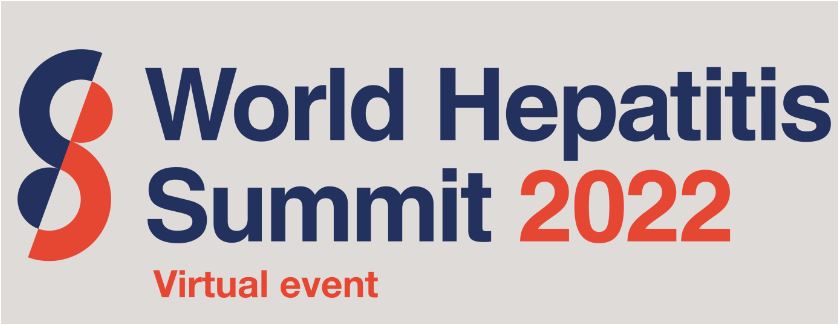
By Dilara Hossain
DHAKA, June 11, 2022 (BSS) - The World Hepatitis Summit 2022 reviewed progress and renewed commitments by global partners to accelerate action to achieve the global target of eliminating viral hepatitis by 2030.
World Hepatitis Summit 2022 urged action to eliminate viral hepatitis as unexplained hepatitis cases in children rise globally.
The summit was held from June to 6-10 June 2022 at The Kofi A. Annan Conference Room of WHO Building at Geneva, Switzerland.
A global audience of civil society groups, World Health Organization and its Member States, patient organisations from the World Hepatitis Alliance’s 318-member groups, people living with viral hepatitis B and C, policy-makers, public health scientists and funders joined the summit physically and virtually.
The World Hepatitis Summit is organized by World Hepatitis Alliance and co-sponsored by World Health Organization (WHO).
Director-General, World Health Organization (WHO) Dr Tedros Adhanom Ghebreyesus, former Prime Minister and Charles Gore, Executive Director, Medicines Patent Pool,
Director-General of World Health Organization (WHO) Dr Tedros Adhanom Ghebreyesus and former Prime Minister of New Zealand Helen Clark joined the World Hepatitis Summit in person, among others.
From Bangladesh Professor Mohammad Ali, the pioneer Hepato-Biliary-Pancreatic surgeon of the country and Chief Coordinator of National Liver Foundation of Bangladesh Zunaid Murshed Paiker represented the country in the summit.
“WHO’s new global health sector strategy sets new actions and targets to eliminate viral hepatitis by 2030, by driving new infections and deaths down to half a million each, globally – a reduction of 90% and 65%, respectively”, Tedros said.
“WHO remains committed to accelerate elimination," he added.
Dr Tedros highlighted the developments in hepatitis B vaccination and in the treatment of hepatitis C, but stressed most countries were not on track for elimination of viral hepatitis by 2030.
He stated, “It’s about people not numbers – by 2030 everyone needs knowledge and tools to prevent hepatitis and get the care they need”.
Addressing the recent surge in acute viral hepatitis amongst children, Dr Tedros emphasised that “WHO is working closely with countries for the acute viral hepatitis outbreak in young children.”
"Despite the availability of an effective vaccine, hepatitis B virus (HBV) infection is one of the major public health problems in our country," Professor Ali told BSS.
"The major difficulties for hepatitis B elimination in Bangladesh include a lack of reliable data to guide policy, low awareness and barriers to early diagnosis, transmission via infected blood products, unsafe injections and nosocomial transmission and a lack of treatment availability," he added.
"In the summit, I highlighted collective efforts to advance universal vaccination of newborns against Hepatitis B and prevent mother-to-child transmission” he told BSS after joining the summit.
The World Hepatitis Summit promised to deliver on the power of the community, scientific and policy partnerships in driving the elimination goals of viral hepatitis, he further said.